
In response to my post, “Loud Music in Worship?”, one question invariably arises: What is worship? The following outline seeks to provide a balanced account of God-centred, holistic Christian worship, integrating theology, liturgy, and lived response.
A. What is worship?
Ralph Martin defines worship as: the dramatic celebration of God in his supreme worth in such a manner that his ‘worthiness’ becomes the norm and inspiration of human living.
Worship is heart-occupation with Christ. Worship is the overflow of the heart that has no request to make. To worship God is to quicken the conscience by the holiness of God; to feed the mind with the truth of God, to purge the imagination by the beauty of God, to open the heart to the love of God, to devote the will to the purpose of God. (William Temple)
Worship is the activity of the new life of the believer in which recognizing the fullness of the Godhead as it is revealed in the person of Jesus Christ and His mighty redemptive acts, he seeks by the power of the Holy Spirit. Biblical worship is holistic as it is centred on the Triune God and it ministers to the whole person. to render to the living God the glory, honor, and submission which are His due. (Robert Rayburn)
Biblical worship is therefore holistic: It is Trinitarian, Christ-centred, and directed to the whole person’ s mind, will, affections, and body.
Continue reading “What is Worship? Theological and Liturgical Outline”
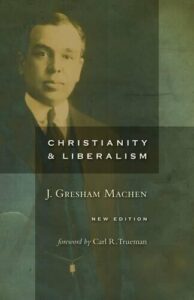
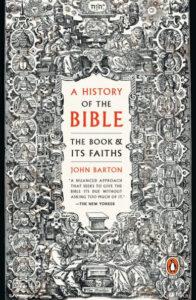 A cursory reading of Barton’s book shows that doubts about the historical reliability of the Bible run through the whole book. Given below is a small sample of Barton’s skeptical conclusions:
A cursory reading of Barton’s book shows that doubts about the historical reliability of the Bible run through the whole book. Given below is a small sample of Barton’s skeptical conclusions: 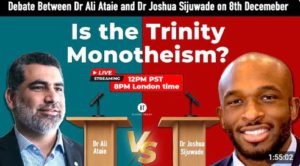
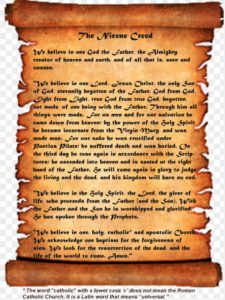

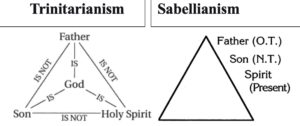
 What is Biblicism?
What is Biblicism?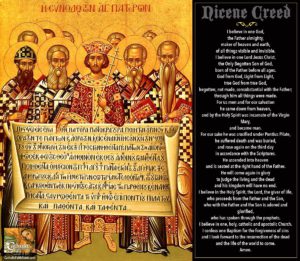
 Dog-Thoughts as we enter into the Year of the Dog: Part 4
Dog-Thoughts as we enter into the Year of the Dog: Part 4